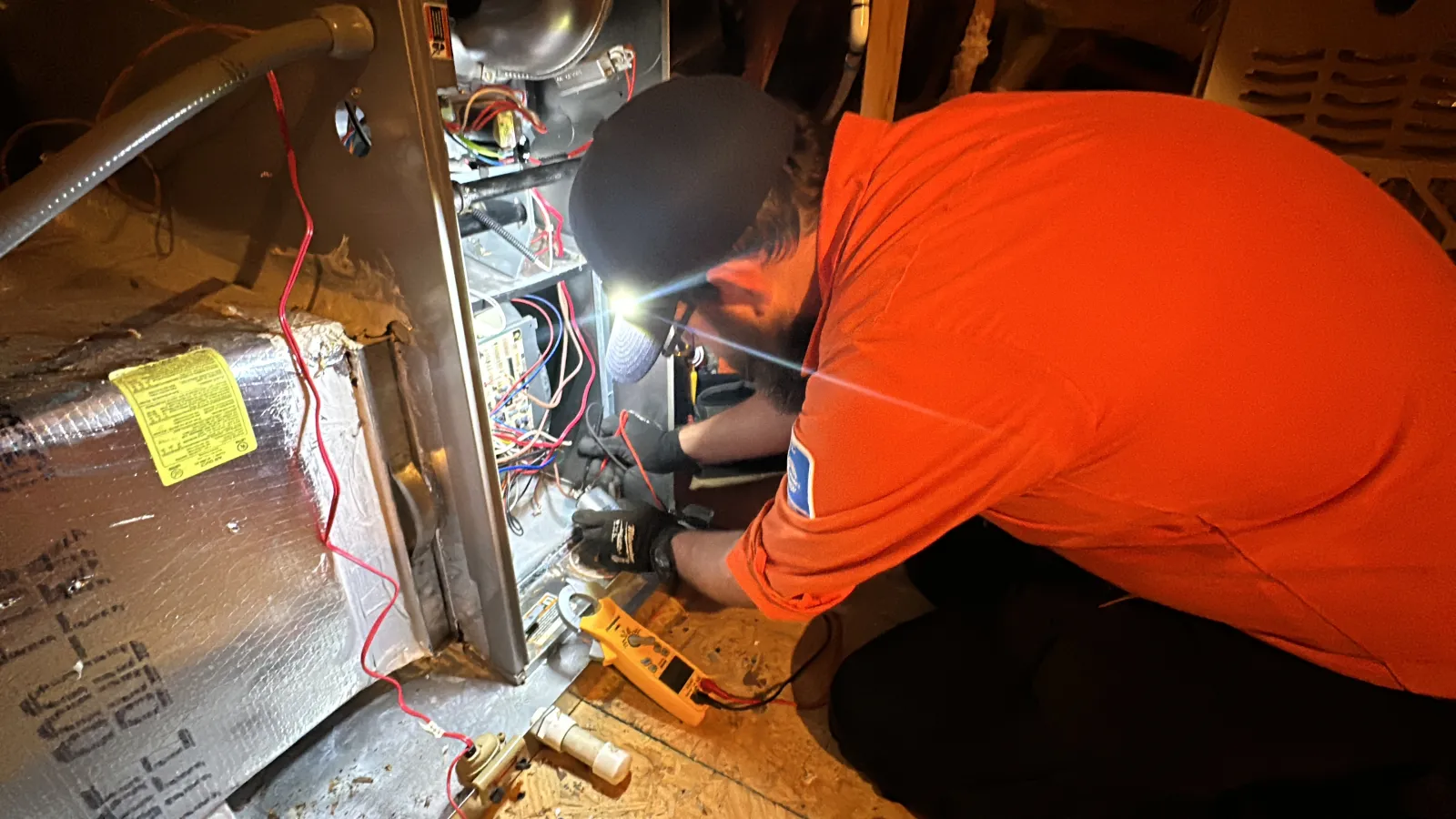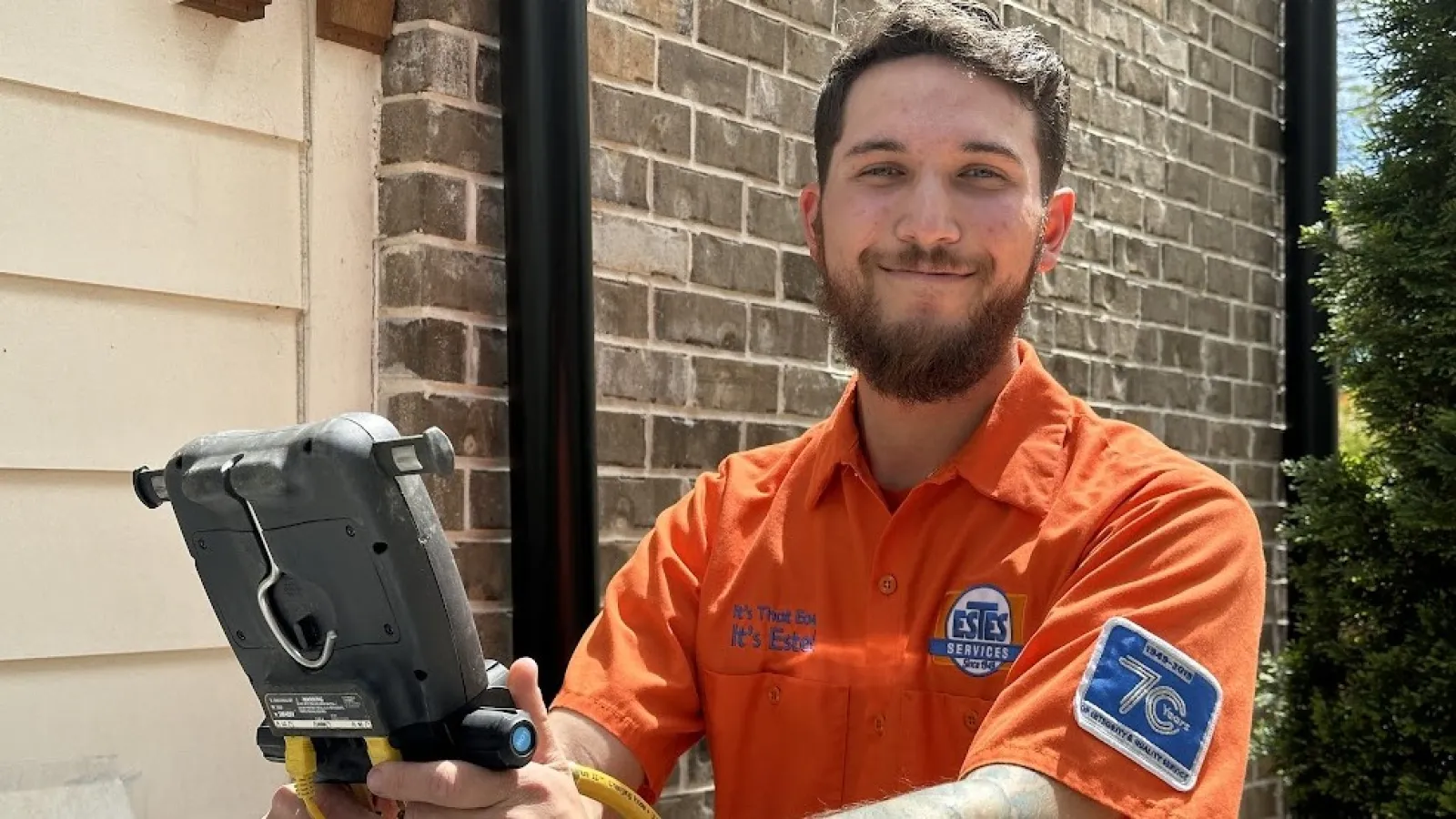HVACs were only about heating or cooling in the past. However, it is not the same anymore. The HVACs of today are inclined more towards providing you with overall indoor comfort, balancing the humidity inside, and filtering air and circulating it effectively.
With technology getting better each passing day, the efficiency of these systems has soared, resulting in numerous ways to enhance efficiency and subsequently the quality of life you have at your home. Home improvements to enhance your HVAC efficiency not only upgrade your living space but also save you money in the long run.
If you live in regions where the weather can change from hot and humid summers to chilly winters, then having an efficient HVAC system is crucial for maintaining comfort in your home. Improving the HVAC efficiency of your home does not mean there needs to be a complete overhaul of the entire system. In fact, there are several simple home improvements you can undertake to ensure your system runs more efficiently, while also saving you money on energy bills and extending the life of your equipment.
Seal and Insulate Your Home
One of the most important measures to take to improve the efficiency of your HVAC systems is properly sealing and insulating your homes. Gaps in windows, cracks on walls and small open spaces in attics can allow conditioned air to escape, forcing your HVAC system to work harder. The best way to prevent this is by using weatherstripping and caulk to seal these gaps. Moreover, consider adding insulation to your attic and walls to keep the conditioned air inside.
Upgrade to HVAC Zoning
There might be instances where you might find yourself arguing with your family members over the thermostat settings, or you might notice drastic temperature differences within your house in two separate rooms. This calls for HVAC zoning. It provides personalized temperature control across different areas of your home, enhancing comfort and energy efficiency.
But how does zoning usually work? It uses multiple thermostats and ductwork dampers to heat and cool specific rooms. For example you may keep public areas comfortable during the day, then shift the bedrooms to an ideal setting at night. However, zoning is more beneficial in homes that have different occupancy levels, large windows and separate living temperature preferences of the people in your house.
Install a Programmable Thermostat
Along with upgrading your HVAC, it is important to install a programmable thermostat that allows you to set different temperature modes throughout the day. This helps in preventing the HVAC from working harder at times when you probably aren't at home. For example, if you are out for work, you could set the thermostat to lower the temperature and turn it up when you return. These might be simple steps but they certainly lead to significant energy savings.
Upgrade Your Landscaping
This measure might sound like a far-fetched practice but it plays a huge role in improving your home as well as increasing efficiency when it comes to HVAC systems. Plan your landscape in such a way that there are trees and shrubs planted all around your property. Wrap galvanized chicken wire around the plantation to protect it from any damage. This system will not only give your home a fantastic look and feel but also provide natural shade and windbreaks, reducing the load on your HVAC equipment. Additionally, deciduous trees, which lose their leaves in the winter, can provide shade in the summer and allow sunlight to warm your home in the winter.
Make Sure There is Proper Ventilation
Proper ventilation is essential for keeping indoor air quality and HVAC efficiency in check. Your vents and registers should not be blocked by furniture or other objects. Further, consider installing exhaust fans in areas like the kitchen and bathroom to remove excess heat and humidity. This will improve the air quality inside and regulate home ventilation to help your HVAC systems work correctly and smoothly without causing any extra load.
Ensure Your Pipes Are Insulated
By insulating your hot water pipes you improve your home cost-effectively and enjoy numerous benefits. Pipe insulation minimizes heat loss as water travels from the water heater to faucets and fixtures, saving on energy bills. During winters insulation also reduces the risk of pipes freezing and bursting which is a common issue in homes that can result in expensive repairs. This preventive measure might be a simple addition but it also minimizes condensation on cold pipes, preventing mold and other moisture-related problems.
Final Thoughts
New homes and properties have already started implementing measures and additions that naturally improve homes and provide energy efficiency. So, if you are starting out house hunting or even looking to renovate house equipment, keep in mind the savings you could make in the longer run if you make smarter HVAC decisions.



